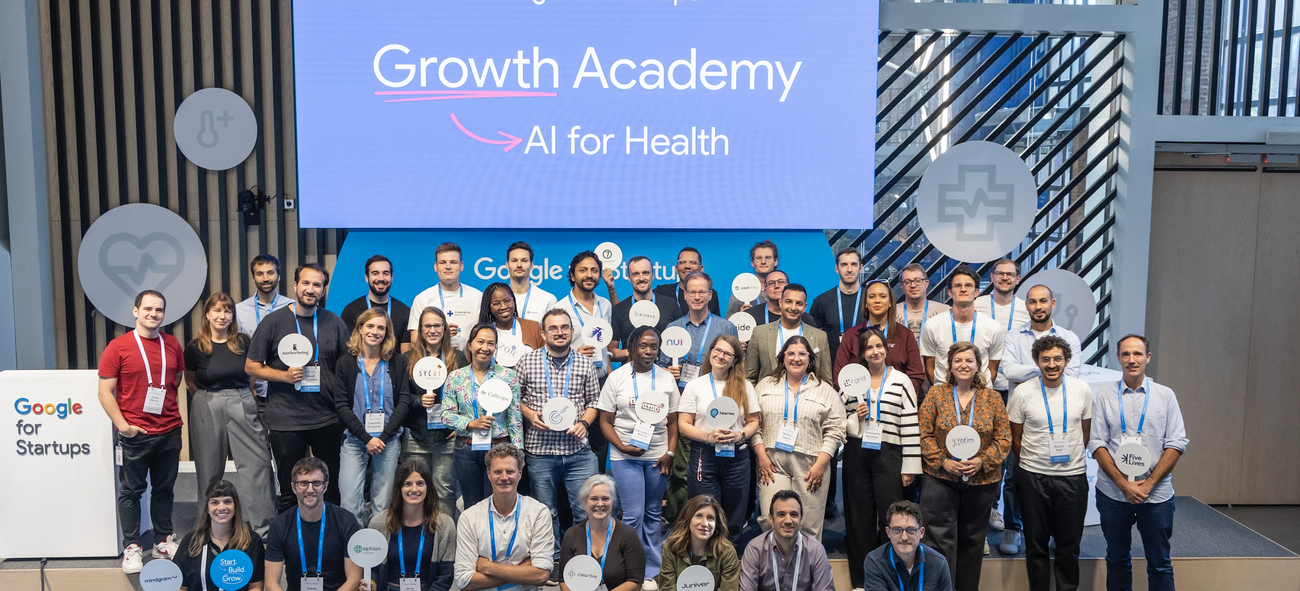Mental Health: A Fundamental Human Right
In recent times, the World Health Organization (WHO) has underscored the importance of mental health by recognizing it as a fundamental human right. This acknowledgment signifies a crucial shift in public health policy, emphasizing the need for comprehensive, accessible, and high-quality mental health services across the globe. However, despite this recognition, a significant gap remains in providing quality mental health care to everyone, including specific groups such as entrepreneurs. In response, innovative startups have begun harnessing the power of artificial intelligence (AI) to address this challenge, delivering scalable solutions aimed at improving mental well-being for all.
The Unique Mental Health Challenges of Entrepreneurs
The entrepreneurial world, while exciting and full of potential, can also be extremely demanding and isolating. Entrepreneurs often face a unique set of challenges that can significantly impact their mental health. The journey of starting and managing a business can be incredibly lonely, with the pressure to succeed looming large and often taking a toll on one’s mental well-being. Studies have shown that entrepreneurs are 50% more likely to report experiencing mental health conditions compared to the general population.
This increased susceptibility to mental health issues among entrepreneurs can be attributed to various factors. The all-consuming nature of starting a business, financial uncertainties, long working hours, and the constant need to innovate and stay ahead of competitors can lead to stress, anxiety, and mood swings. The stigma surrounding mental health discussions in the business community often exacerbates these issues, discouraging entrepreneurs from seeking help.
Leveraging AI for Mental Health Solutions
In an effort to bridge the gap in mental health care access, various startups are turning to artificial intelligence as a tool to offer innovative solutions. AI technologies have the potential to revolutionize the mental health landscape by providing personalized, scalable, and cost-effective support to individuals in need. These AI-driven solutions can offer several benefits:
- Accessibility: AI tools can be accessed from anywhere, at any time, providing a convenient option for individuals who may otherwise face barriers to traditional mental health services.
- Personalization: Through machine learning algorithms, AI can analyze user data to provide tailored recommendations and interventions, enhancing the effectiveness of mental health support.
- Scalability: AI solutions can be deployed on a large scale, reaching a broader audience and potentially easing the burden on healthcare systems.
- Cost-effectiveness: By automating certain aspects of mental health care, AI can help reduce costs, making services more affordable and accessible to a wider population.
Google for Startups: Nurturing Innovation in Mental Health
Recognizing the potential of AI in transforming mental health care, Google for Startups has launched the Growth Academy: AI for Health program in Europe, the Middle East, and Africa. This initiative aims to support startups in the healthcare sector, particularly those leveraging responsible AI to develop products in the mental health space. The program offers mentorship, resources, and access to a global network, enabling startups to scale their impact and drive innovation.
Through this initiative, Google for Startups is empowering entrepreneurs who are pioneering new approaches to mental health support. By providing them with the tools and guidance they need, the program encourages the development of AI-driven solutions that can make a real difference in the lives of people worldwide.
Transforming Mental Health Support: Inspiring Startups
This World Mental Health Day, it is inspiring to see how several startups from the Growth Academy: AI for Health program are using AI to revolutionize mental health support, ultimately improving the daily lives of individuals globally. Here are a few notable examples:
Mindful Tech
Mindful Tech is a startup that has developed an AI-powered application designed to help users manage stress and anxiety through personalized mindfulness exercises. By analyzing user input and behavior, the app tailors its recommendations to suit individual needs, providing a unique and effective approach to mental wellness.
EmoCare
Another innovative startup, EmoCare, utilizes AI to offer real-time emotional support and crisis intervention. Through natural language processing, EmoCare can understand and respond to users’ emotions, providing immediate assistance and connecting them with mental health professionals when necessary.
WellMind
WellMind focuses on preventive mental health care by using AI algorithms to identify early signs of mental health issues. The startup’s platform offers users personalized mental health check-ins and resources to promote proactive self-care and prevent the escalation of mental health problems.
The Road Ahead: AI and Mental Health
The integration of AI into mental health care is still in its early stages, yet its potential to transform the landscape is immense. By providing accessible, personalized, and scalable solutions, AI has the power to bridge the gap in mental health care and make support more widely available.
However, it is essential to approach the use of AI in mental health with caution. Ensuring data privacy, maintaining ethical standards, and addressing potential biases in AI algorithms are crucial considerations. Responsible AI development and deployment are vital to building trust and ensuring that these technologies benefit everyone.
In conclusion, the recognition of mental health as a fundamental human right by the WHO marks an important step towards prioritizing mental well-being on a global scale. The rise of AI-driven solutions in the mental health sector offers promising opportunities to enhance access to care and support for individuals, including entrepreneurs who face unique challenges. Initiatives like Google for Startups’ Growth Academy: AI for Health are instrumental in nurturing innovation and empowering startups to create meaningful change in the mental health landscape.
By embracing technology and fostering collaboration, we can work towards a future where mental health support is readily available to all, breaking down barriers and promoting a healthier, more resilient society.
For more Information, Refer to this article.


































